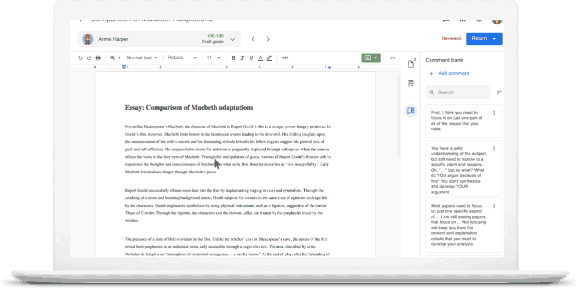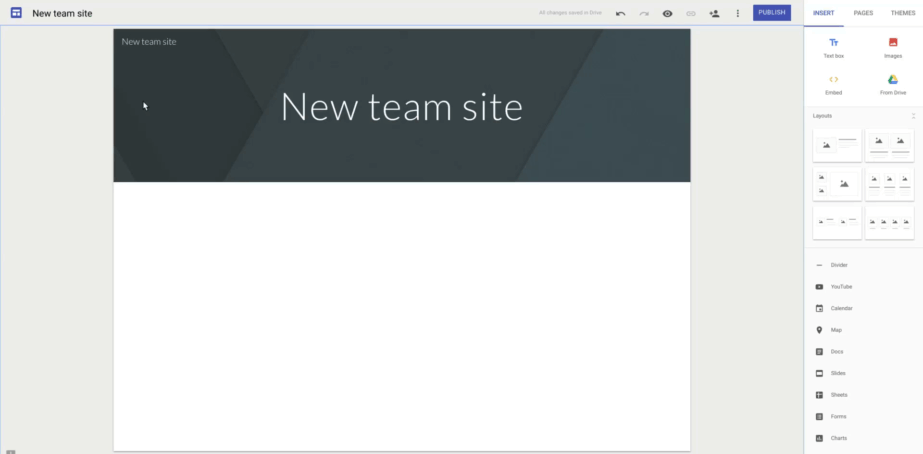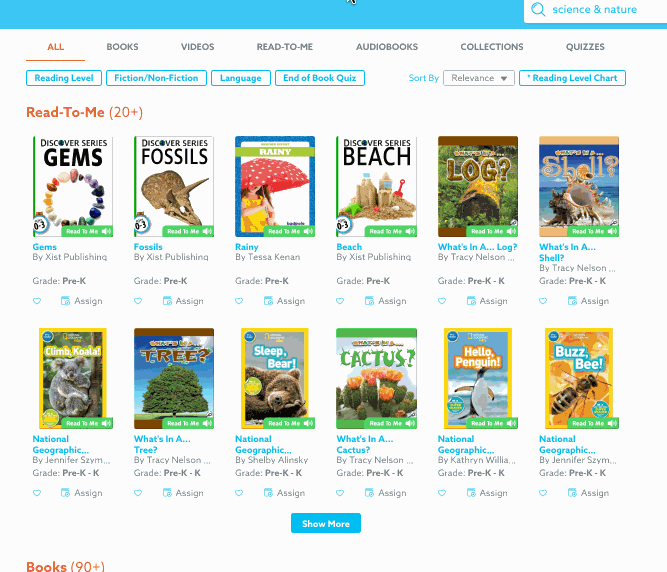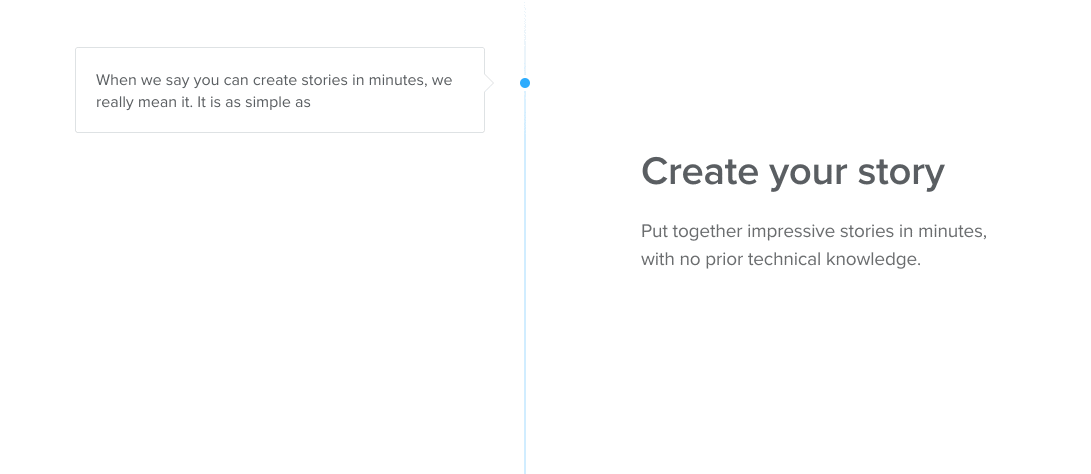Tech Tip Countdown
Get your party favors ready, people! With 2020 fast approaching, it’s time to countdown our favorite tech tips of the year. We’ve combed the web, visited the best tech conferences, and sifted through edtech Twitter for the newest, most valuable tools to use in your classroom. We’ve gathered all of our findings together in one handy list to inspire your most innovative, tech-infused lessons in the new year.

Just when you thought G Suite couldn’t get much better! This new tool from our friends at Google will streamline the creation and management of online coursework. Use the comment bank to reuse feedback language, scan student submissions for plagiarism, and grade work using the new rubric feature. And if you don’t use Google Classroom, no problem! The Assignments tool easily integrates with other LMS platforms, allowing your Canvas or Moodle course to utilize these amazing Google Classroom capabilities with ease. For a video demonstration, watch this Introduction to Assignments.
9 Sutori
If you’re tired of creating slide presentations to deliver your instruction or need a better option for student projects, then Sutori just might be a great solution! This easy to use web tool helps teachers and students create interactive timelines with text and images, and for premium users, video, quizzes, links and classroom discussions can be added for a dynamic learning experience. Get inspired by this example– How to Create a Story and this video demonstration by teacher Jessica Pack — Sample Timeline on Ancient China.
8 Flipgrid AR
If you’re already a Flipgrid user, then you know how transformative this video response tool has been in empowering student voice in the classroom. Now Flipgrid has created an augmented reality (AR) feature that allows users to scan a QR code that plays Flipgrid videos. Your students’ voices can now go anywhere you can place a QR code. Think hallway displays, science fairs, art galleries or homework assignments. Check out this collection of examples to energize you and when you’re ready, use these easy-to-follow directions for getting started with Flipgrid AR.
7 Google Sites for Portfolios

Many G Suite schools are going digital with their portfolios using Sites as a way for students to reflect on learning, present artifacts, and show growth over time. Sites is an ideal platform for G Suite users because all of the apps you know and love are easily integrated. Just search for that presentation on Ancient Egypt, then drag and drop it into your site! Google also makes it super easy for less tech-savvy and younger students to navigate and build their site with just a few clicks. For more information on how to get started, read this great article, How to Create Powerful Student ePortfolios with Google Sites. Google’s Applied Digital Skills lesson on Building a Google Site Portfolio is also a great self-paced option for secondary students.
6 Epic

This miracle app had my students and even my own children begging to read! The colorful books, the Netflix-style searching, and the ability to track progress over time make Epic, well… EPIC! Teachers can sign up for a FREE account and access the digital library of over 35,000 books. Get your students reading now with this handy Epic Quick Start Guide!
5 Get more top-notch tips with a course from Learners Edge!

We’re launching 5 brand new courses in our tech category on topics like digital tools, blended learning, and advanced Google skills. All of which are aligned to the ISTE Standards for Educators! Whether you’re just getting started with technology or are an advanced user, we’ve got an ISTE approved course to help you build your skills for better tech integration. Check our website for more details and to register!
4 Trello for Teachers
Say hello to Trello, your new productivity assistant! With Trello you can build personalized workflows, prioritized to-do lists, and collaborative project boards. There are so many mind-blowing uses to help streamline and organize classroom tasks– from status of the class, to student project management and lesson planning. Visit the Trello for Educators page for more great ideas and already created templates that you can copy.
3 Anchor for Podcasting

Stretch your students’ creativity, collaboration, communication, and critical thinking skills with classroom podcasts. You’ll give them an authentic audience to demonstrate learning, AND it’s way easier than you think! Student groups can plan their content, then use the simple Anchor platform to record, edit and publish. Watch our tutorial videos for all the basics or grab an idea from this epic list of 50 Ideas for Student Created Podcasts.
2 Twitter
Yep. Twitter still makes the Top 10 list! There is no denying the power of Twitter for professional learning tidbits, connecting with educators across the globe, and its ability to inspire better teaching and learning practices. If you haven’t started building your network (or PLN) yet, this guide will help you get started. If you’re already a Twitter for Teachers junkie like me, well carry on and tweet us @LearnersEdgeInc!!
1 Empatico
One of my favorite discoveries this year was Empatico! It’s a free tool that makes connecting elementary classrooms around the world so easy. After you sign up, select your availability and preferred language (English or Spanish), and the site will match you with a partner class. Build kindness, empathy, and understanding with Empatico’s free lessons on topics like Community Cartographers or Art from the Heart. Empatico makes it simple to sustain virtual connections in classrooms by combining everything teachers need in one platform: live video, file sharing, a partner classroom, and activities. Watch this adorable Empatico testimonial from a 1st-grade classroom!







